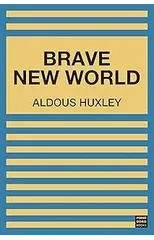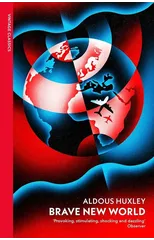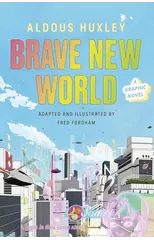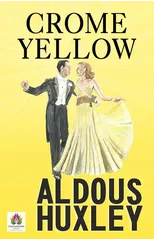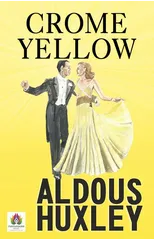Now reissued in a gorgeous hardcover edition: "one of the most prophetic dystopian works of the 20th century" (Wall Street Journal) must be read and understood by anyone concerned with preserving the human spirit in the face of our "brave new world." Huxley's masterpiece has become a bestseller once again after the American election. Aldous Huxley's profoundly important classic of world literature, Brave New World is a searching vision of an unequal, technologically-advanced future where humans are genetically bred, socially indoctrinated, and pharmaceutically anesthetized to passively uphold an authoritarian ruling order whose motto is "Community, Identity, Stability."—all at the cost of our freedom, humanity, and perhaps our souls. "A genius [who] who spent his life decrying the onward march of the Machine" (The New Yorker), Huxley was a man of incomparable talents: equally an artist, a spiritual seeker, and one of history's keenest observers of human nature and civilization. Brave New World, his masterpiece, has enthralled and terrified millions of readers, and retains its urgent relevance to this day as both a warning as we head into tomorrow and as a thought-provoking, satisfying work of literature. Written in the shadow of the rise of fascism during the 1930s, Brave New World likewise speaks to a twenty-first-century world dominated by mass-entertainment, technology, medicine and pharmaceuticals, the arts of persuasion, and the hidden influence of elites.
Aldous Huxley
Aldous Huxley was a British writer and philosopher known for his dystopian novel "Brave New World," published in 1932. His works often explored themes of technology, society, and the human condition. Huxley's writing style was characterized by his use of satire and wit, as well as his keen observations of society. He was a prominent figure in the literary genre of dystopian fiction, influencing writers such as George Orwell and Margaret Atwood. In addition to "Brave New World," Huxley's other notable works include "Point Counter Point" and "The Doors of Perception." His contributions to literature continue to be celebrated for their thought-provoking commentary on the complexities of human existence.

